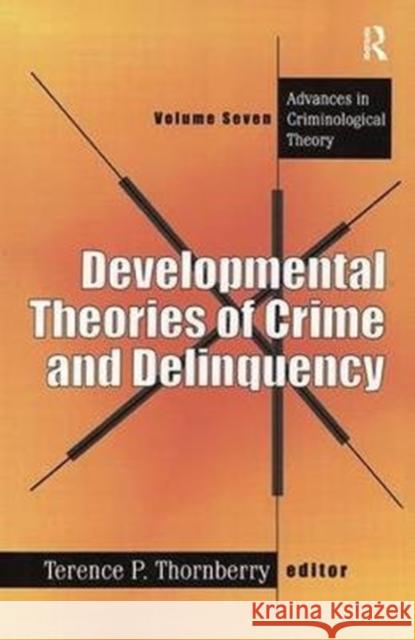Developmental Theories of Crime and Delinquency: Advances in Criminological Theory, Volume Seven » książka
topmenu
Developmental Theories of Crime and Delinquency: Advances in Criminological Theory, Volume Seven
ISBN-13: 9781138522282 / Angielski / Twarda / 2017 / 359 str.
Developmental Theories of Crime and Delinquency: Advances in Criminological Theory, Volume Seven
ISBN-13: 9781138522282 / Angielski / Twarda / 2017 / 359 str.
cena 774,06
(netto: 737,20 VAT: 5%)
Najniższa cena z 30 dni: 730,42
(netto: 737,20 VAT: 5%)
Najniższa cena z 30 dni: 730,42
Termin realizacji zamówienia:
ok. 22 dni roboczych
Dostawa w 2026 r.
ok. 22 dni roboczych
Dostawa w 2026 r.
Darmowa dostawa!
In Developmental Theories of Crime and Delinquency, Terence P











